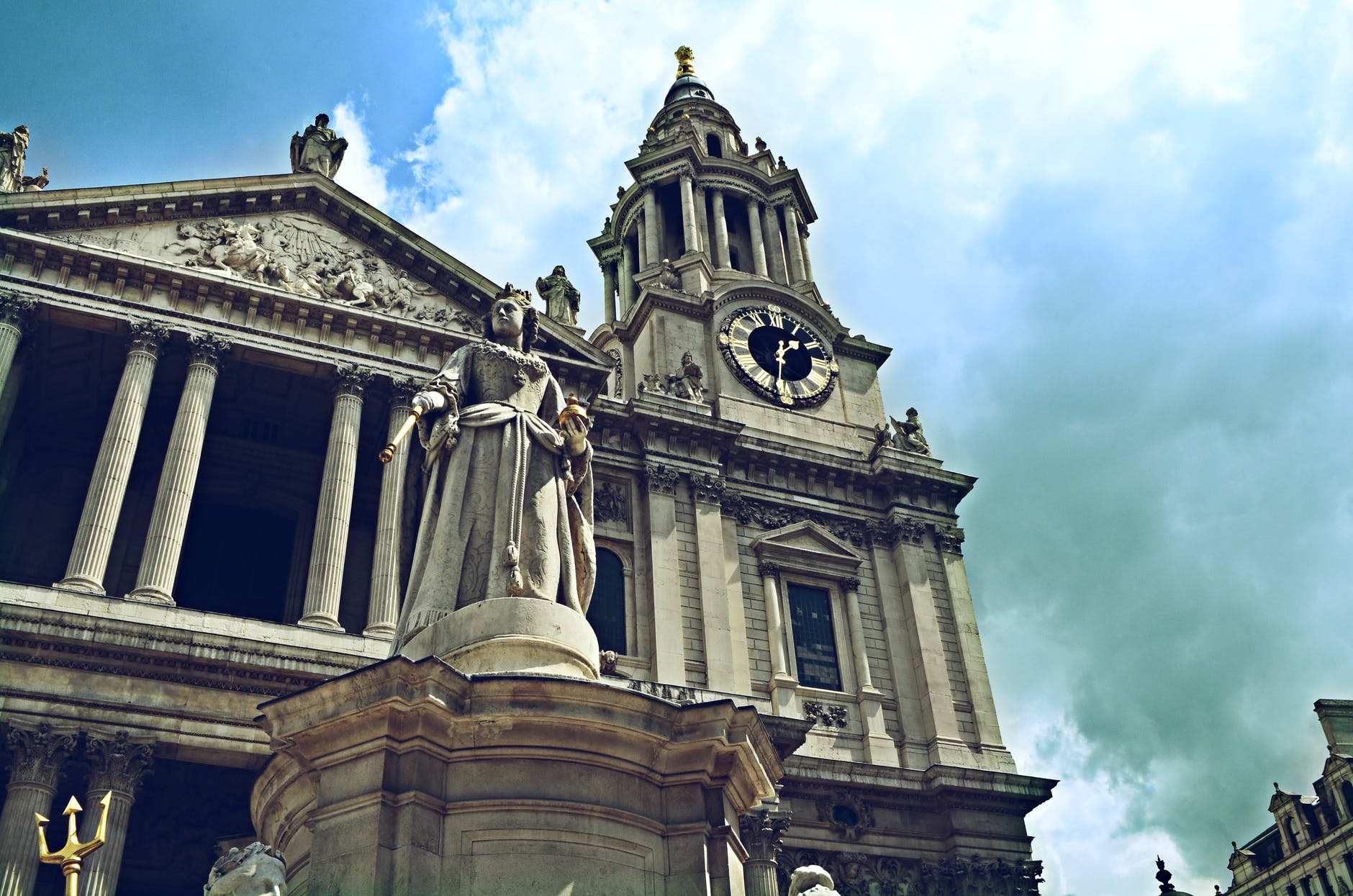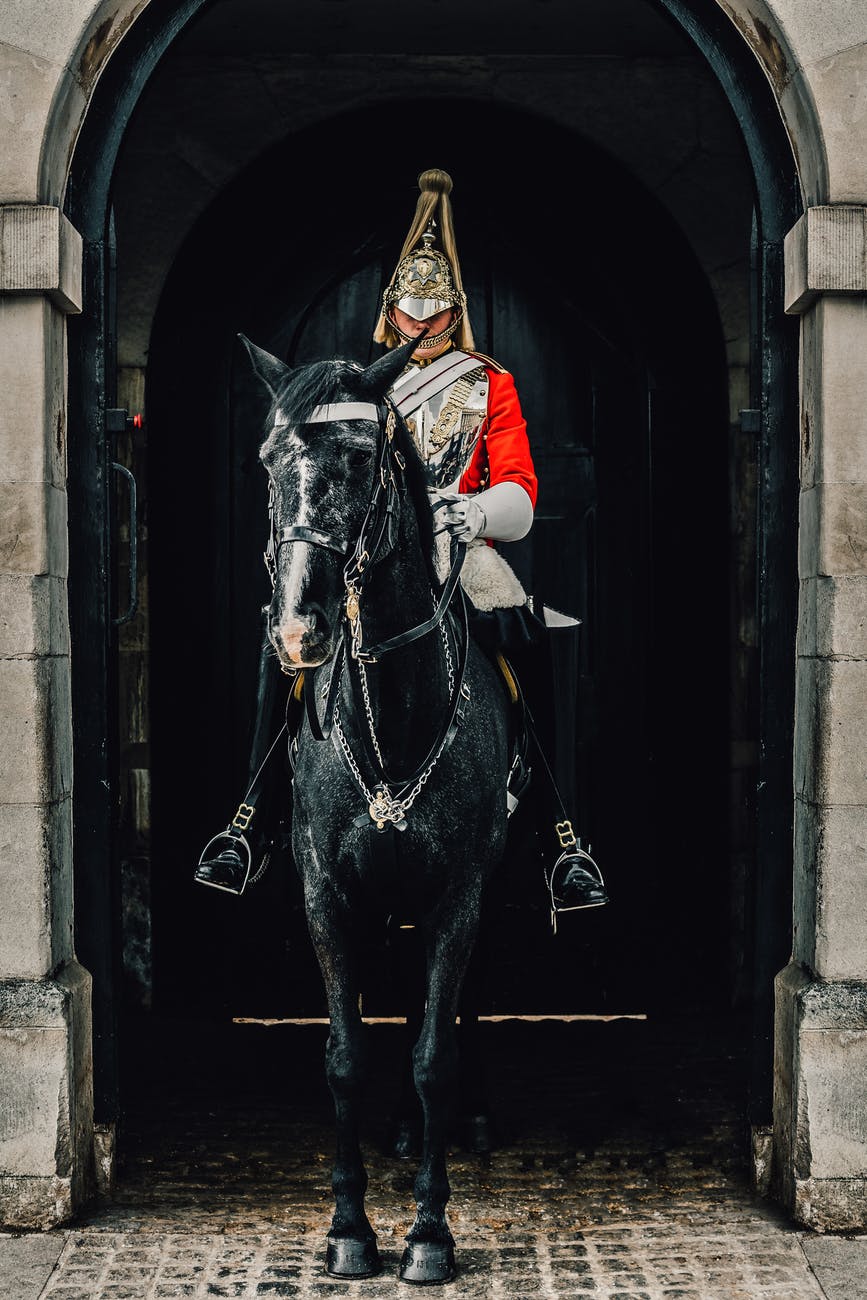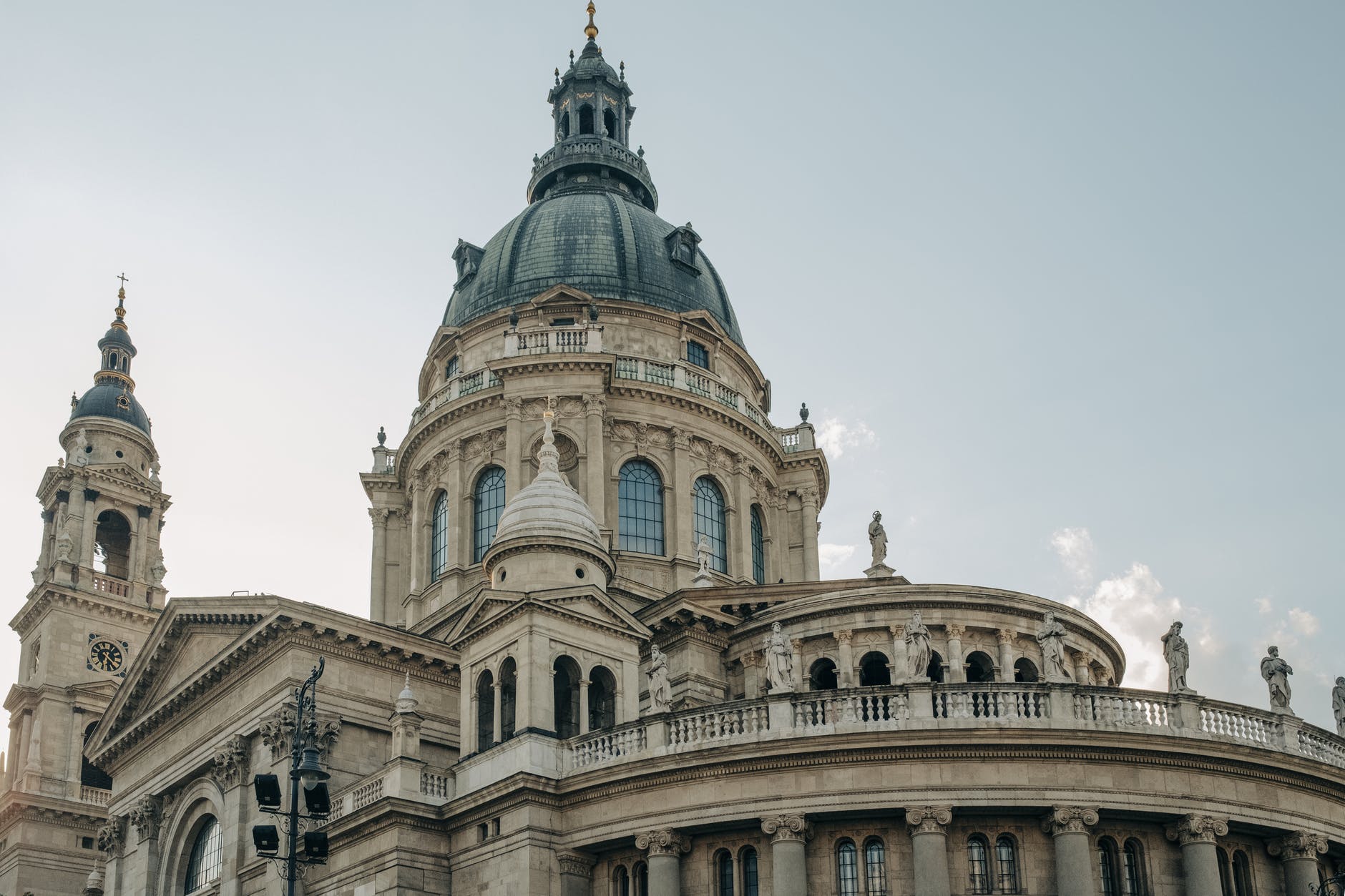The UK’s royal family elicits both anti-monarchy sentiments as well as love and adoration. With Brexit leading to an increasingly divided nation, the debate over the monarchy is once again getting stirred up and anti-monarchists want to take down the crown.
ANTI-MONARCHISM IN THE UK
With the Queen reaching the grand old age of 95 this year, the 70-year reign of Britain’s monarch is, at the very least, reaching its tail-end. So used are we in Britain to having Elizabeth Windsor as our head of state that questioning the legitimacy of her role is almost taboo. Beloved by millions, the Queen has come to represent stability in times of war, scandal, and a pandemic, with even the most stone-hearted of us moved to see her grieving alone at Prince Phillip’s funeral. From her active role in WW2 repairing trucks to her sweet excitement over seeing a cow, for most British people, the Queen’s reputation remains untarnished, with opinion polls repeatedly putting her firmly on a pedestal as Britain’s most admired person.
And yet, despite overwhelming support for the Queen, support for the monarchy as a whole is waning.
A YouGov poll conducted in 2021 found that support for the monarchy has dropped in recent years, with nearly one in two people aged 18-24 now believing the head of the state should be an elected official instead. In Scotland, smoldering anti-monarchical sentiment is even stronger, with only 41% claiming to support the royal family. Elsewhere around the world, in commonwealth countries, support for the monarchy is also coming under pressure. As the statues topple and attitudes change, the British monarchy has become somewhat synonymous with colonialism and out-of-touch attitudes, its existence an anachronistic leftover from a time that’s long gone by.
For your average Brit, however, the Queen is the monarchy, her shiny reputation deflecting questions regarding relevance and legitimacy for decades. Her long reign has meant Britain has been spared the difficulty of reconciling the unelected role as head of state with the democratic ideas and principles modern Britain professes to hold.
Now, however, with the Queen advancing in age and scandal defining the royal family as a whole, the continuation of the monarchy is being called into question. With growing support, anti-monarchy groups have led campaigns calling for the abolition of the monarchy. Billboards throughout the nation describe the royal family’s rule as “secretive, divisive,” and “undemocratic,” the Republic group seeks nothing less than the complete dissolution of the British monarchy replacing the Queen with an elected, figurehead president.

A CEREMONIAL HEAD OF STATE FOR THE MONARCHY
With centuries of dethroning and king toppling, the world still plays host to 26 royal families. Most of these monarchies enjoy a comparatively lower profile than the Windsor clan, with plenty of them retaining some considerable political power. Monaco’s Sovereign Prince, Albert II, for example, is bestowed the right to select the principality’s minister of state. Like a more unattractive, political version of The Bachelor, however, he has to pick from a list of three candidates, all vying to win the monarch’s favor. Over in Saudi Arabia, Salman bin Abdulaziz is not only the monarchical head of state but also the head of government, making him both the king and prime minister, capable of dictating foreign policy and deciding his own cabinet.
The British monarchy, however, is ceremonial, also known as a constitutional monarchy.
Just like the kings and queens of Sweden, Norway, The Netherlands, Spain, Greenland, Japan, Belgium, and Cambodia, Queen Elizabeth II’s power is limited:
- Powers bound by an unwritten constitution
- British monarchs cannot pass legislation
- The role is primarily ceremonial
- Can exercise powers in extreme cases and constitutional crises
- Head of the Church of England
It hasn’t always been like this, though. Prior to Charles I getting his head chopped off for treason in 1649, monarchs enjoyed absolute power. Back in the good old days of Plantagenets, Tudors, and Stuarts, monarchs were free to rule as they saw fit. Considered ordained by God, the likes of Henry VIII held the power to wage war, defy Rome, dissolve monasteries, and set up a new Church with him as the head. Refuse to recognize Henry as the head of the Church, God’s representative on Earth, and your head may want to say goodbye to your neck.
By the time of Charles I, the British parliament was getting a little anxious about this unfettered power of kings and queens. They sent Charles a list of grievances called the Grand Remonstrance in 1641 and kicked off nearly ten years of infighting that resulted in parliamentarian Oliver Cromwell becoming the Lord Protector, shunning the title of monarch, doing away with Christmas (booo), and rendering England a republic.
For a while anyway.
After Cromwell, no one really knew what to do, so we invited Charles’ son, Charles II, back to become head of state and restore the monarchy. With a few conditions, of course. And those limitations of power and effective subordination to parliamentary rule are what the UK still sees today.
And while the Queen still gets to wear a sweet crown, sit on a big chair and give the OK for the prime minister to form a parliament, there can be no establishing of laws, no intervening with political issues, and absolutely no more chopping off of heads.
ARGUMENTS FOR THE MONARCHY
In the intervening centuries, the role of the British monarch has evolved, with the position becoming entirely symbolic and ceremonial. Nothing exemplifies this more than the state opening of parliament.
Here, the monarch arrives from Buckingham palace with an elaborate procession to West Minster where they robe up, don the crown, and sit on a fancy old chair in the House of Lords. There, along with nearly 800 unelected Lords, the monarch waits to address the “commons” members, the elected house of parliament. Being commoners, they are summoned to the Queen by an official using a big black rod that is knocked on the door of the commons three times. The door is ceremoniously shut in the official’s face symbolizing independence from the monarchy.
While the members of the commons always end up in the House of Lords to listen to the monarch’s speech, the spectacle encapsulates the complicated relationship that still exists in Britain today. The Queen’s pomp and splendor are ultimately respected, with the MPs traipsing into the Lords to be told to behave and remember their responsibilities. The shutting of the door, however, is a reminder that parliament is no longer subject to the whims of a monarch.
And while this role appears rather toothless in the twentieth century, for proponents of the monarchy, the position is an important check and balance on parliamentary power. Should the UK run afoul of a corrupt and dictatorial government, the Queen, as the head of the armed forces, has the executive power to sort things out.
The paradox of an elite, hereditary institution enforcing fair democracy is also seen elsewhere in the world. Of the top ten democracies in the world, six of them are monarchies. If anything, constitutional monarchies appear to better enable democracy.
By remaining politically neutral, monarchs sit in the wings, only intervening if democracy comes under threat. While politicians come and go, concerned primarily with career and power, constitutional monarchs represent a source of continuity and stability that transient governments do not, serving as a brick wall to political ambition.

ARGUMENTS AGAINST THE MONARCHY
Anti-royal arguments tend not to be against the Queen herself but instead focus on the idea of a monarchy itself. For a growing number, the idea of putting so much power and influence into the hands of an unelected, elite ruling class is dangerous. Especially given they can’t be easily removed from office.
While the Queen herself has remained largely neutral over the decades, there’s no guarantee future monarchs will continue to take a back seat. In 1920, the King of Denmark, Christian X, found himself at odds with his prime minister and parliament, dismissing them from their roles. This intervention meant civil unrest and demonstrations in the street against the monarchy involving itself in political matters. More recently, in 2008, the Grand Duke of Luxembourg, Henri von Nassau refused to give assent to a euthanasia bill, signing it into law. As a result, Luxembourg simply changed the constitution, no longer requiring the monarch’s approval to pass bills.
For anti-monarchy supporters, if monarchies can only exist when ineffectual and passive, what is the point?
Additionally, if the rights bestowed upon a monarch can be so easily overridden, can there be any justification for the massive expense that royal families cost. The Windsors, for example, cost the UK $96.28 million in 2020, a number that has increased steadily over the years. In 2012, for example, royal upkeep only cost taxpayers a modest $44.94 million. These expenses involve the renovation and maintenance of palaces, travel costs, staff, and hefty security bills. And while the royal family’s foreign appeal does bring in a good deal of tourism, there are plenty of arguments that, on the whole, the Windsor clan are costing the UK taxpayer hundreds of millions of dollars.
Money aside, for those with anti-royalist sentiments, the key issue is ideological: at the heart of British democracy is a person who is handed power unattainable by merit and effort, based purely on who their mother and father were. For republicans, the royal family epitomizes the idea that some people are born better than others, a contradiction of modern Britain’s egalitarian promise.
MONARCHY A LESSER EVIL?
The reality is the UK’s political machine has evolved with a monarch in mind. Abolition of the monarchy is not simply a matter of stripping the Windsors of their royal claim. It would, instead, involve the complete reconfiguring of the UK’s power arrangement. Big questions would need to be asked on whether the head of government should also be the head of state, as in the U.S., or should the figurehead be elected separately as in Germany and France.
For most of the UK still, an unelected, rather benign institutional monarchy is still preferable to this upheaval. Despite the scandal and controversy that has plagued it over recent years, it’s still something most people are proud of. Perhaps, if the country were starting from scratch, a monarchy would be out of the question. But, with over a millennium of history and evolution behind it, outdated or not, the monarchy still lies at the heart of Britain.
This story was written by contributing writer Matt Wiliams.
Matthew is writer with a focus on lifestyle and technology.
Check out some of his previous stories below.
Zoomshock | How It’s Reshaping Our Lives







